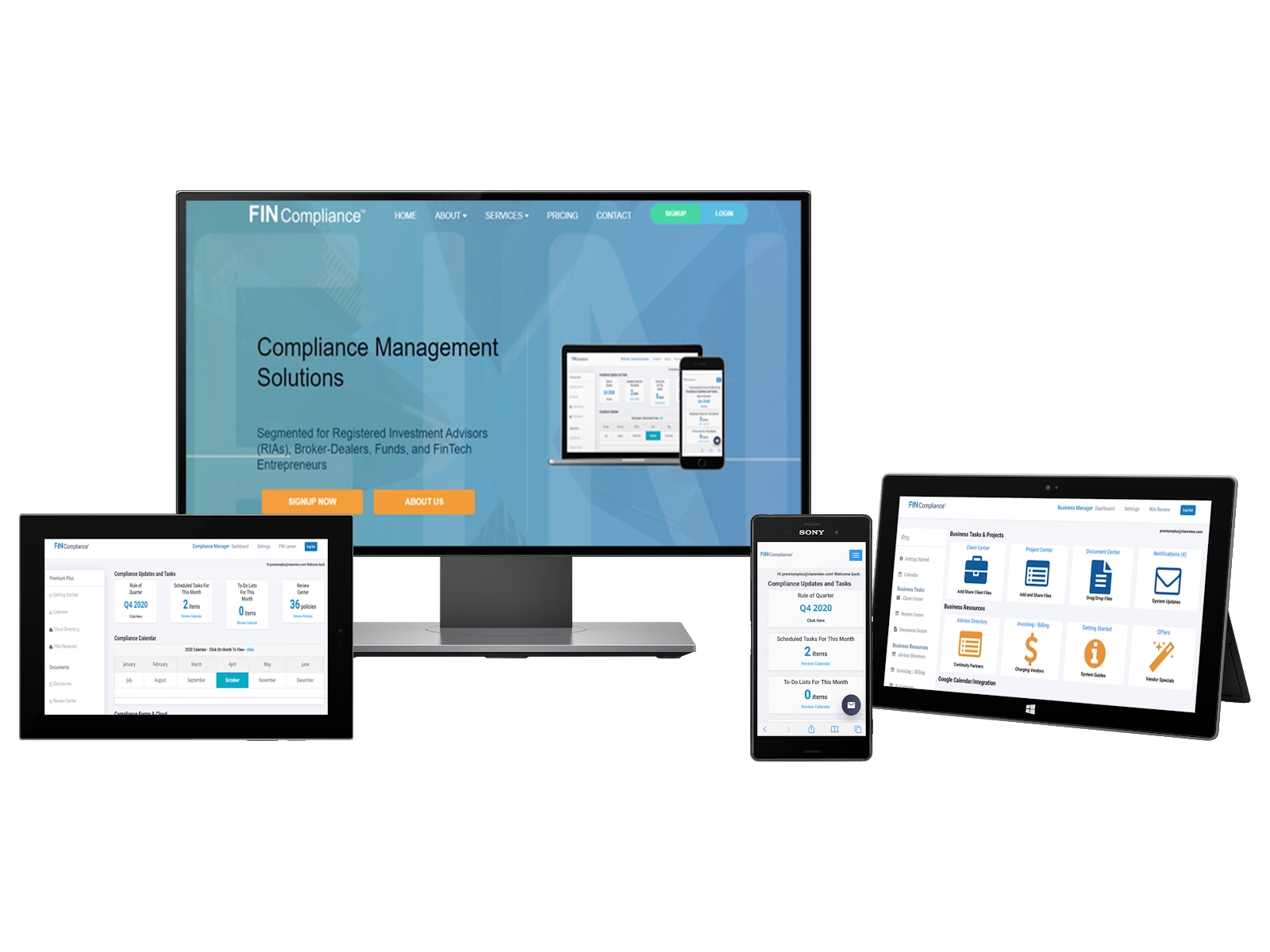By Cory Roberson, Principal at RIA Review and RIA Consults
Many
firms might be confused about the applicability of the Department of Labor (DOL)
Fiduciary Rule over the entire securities industry. Over the last eight months, we’ve seen a rule
passing, several lawmaker appeals, compliance date changes, a district court overruling,
and now SEC involvement on the issue. As
such, applying regulatory compliance leaves most scratching their heads.
The
implication of this rule is a controversial matter. In a multi-jurisdictional climate, the DOL’s
rule was construed as overreaching by many industry participants. In a likely countermove to regulatory
overreach, the Securities & Exchange Commission (SEC) is weighing in with
its own fiduciary rule proposal. Many
states may also weigh in with its adaptations to the future SEC version as
well.
Timeline of Fiduciary
Rule events:
8/31/2017 - DOL proposes to
extend the special transition period for key sections of the BIC Exemption and
the Principal Transactions Exemption from 1/1/2018, to 7/1/2019*.
11/29/2017 - DOL approves
applicability date to 7/1/2019.
3/15/2018 - The United States Court of Appeals for the Fifth Circuit elected, in a 2-1
decision, to vacate the Department of Labor’s (DOL’s) Fiduciary Rule.
3/19/2018 - During a
Securities Industry and Financial Markets Association (SIFMA) meeting, SEC Chair Jay Clayton expresses the
agency’s intent to move forward with its own standards for monitoring recommendations
of investment advisor/broker-dealers.
If approved by congressional legislature H.R. 3857 of PASS Act of 2017, the SEC “Best Interest Standard” would direct the commission to create a uniform best-interest standard under the exchange act for broker-dealers first, and then likely onto investment advisors.
4/18/2018 - SEC Public meeting on Best Interest Standard for Fiduciaries at 3:30 pm (eastern) - https://www.sec.gov/news/openmeetings/2018/ssamtg041818.htm
Overall Suitability Procedures
 Making suitable investment recommendations is an important procedural
requirement for fiduciaries and non-fiduciaries.
Making suitable investment recommendations is an important procedural
requirement for fiduciaries and non-fiduciaries.
SEC Rule 204, 205, 206, and OCIE Examination
Priorities. Generally,
the SEC requires an investment adviser to ensure that its investment advice
given is suitable for the client when taking into consideration their financial
history, investment experience, risk tolerance, and other investment
objectives. Advisors can be expected to demonstrate
proper suitability procedures during an examination (e.g. investment policy
statement).
FINRA
Rule 2111 (“Suitability”). Generally,
a suitability questionnaire/assessment includes the following items: Client
Age, Investments, Financial Situation/Needs, Tax Status, Investment Objectives,
Investment Experience, Time Horizon, Liquidity, and Risk Tolerance.
DOL “Impartial Conduct Standards” for fiduciaries
can including the following:
(1) Make recommendations that are in their client's best interest, (2) Charging no more than reasonable compensation for
services, and (3) Avoiding misleading statements.
Email Us to schedule a brief session to
review needs
Compliance and Business Management
FIN Compliance (FINCompliance.io) is a
consortium of compliance services including: RIA Consults-Roberson Consults
Group, a compliance consulting firm, RIA Review, a compliance-management
software tool (SaaS), B-D Review, a RIA/Broker-Dealer compliance management
software tool, and FINLancer is a business
management portal featuring: E-signature tools; Invoicing integration,
Vendor Directory, continuity directory*, business client document portal, and
more (available by Q3 2019). Access all services
on one site: FINCompliance.io.
Impact
FIN Missions (FINmissions.com) provides business support group
sessions for other entrepreneurs. In addition, Cory has volunteered
for more than fifteen youth programs in locations such as like S. Korea, China,
S. Africa, Thailand, and India.




No comments:
Post a Comment